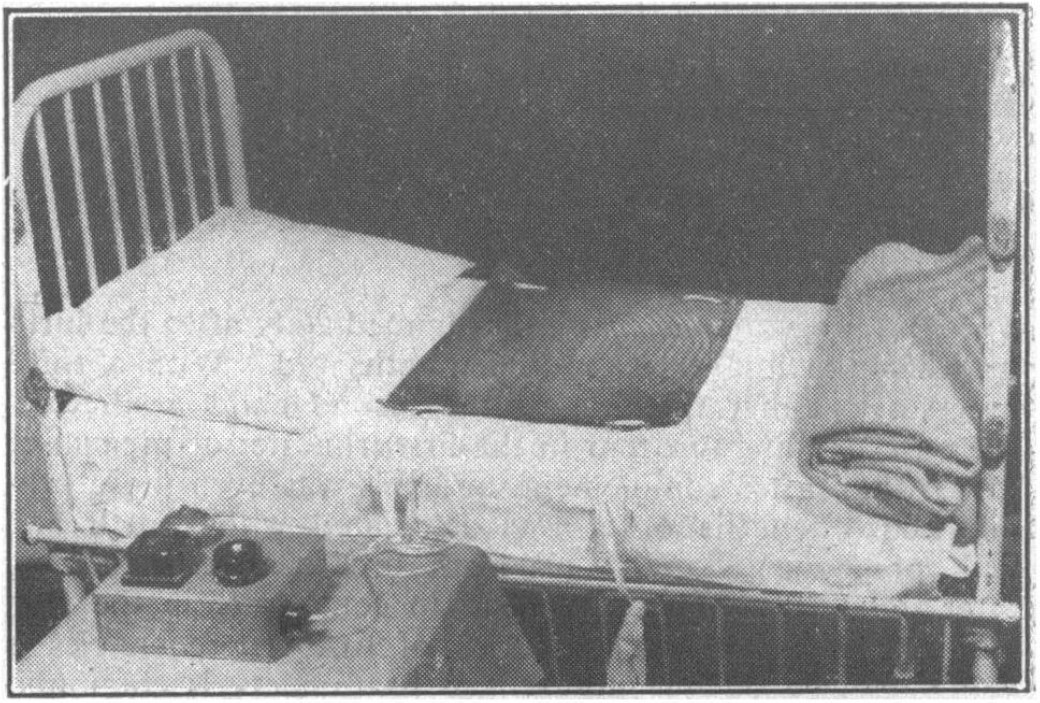Urine incontinence is common to the human experience. It is estimated that more than 14 million people in Britain experience some form of incontinence, many of whom feel unable to discuss such a socially taboo topic or obtain the necessary support and advice. This current stigmatisation of incontinence has a significant history.
By focusing on the period 1870 to 1970, this AHRC funded Research, Development and Engagement Fellowship (2024-5) seeks to uncover how the incontinent body acquired its modern stigmatised status and how that stigmatisation was experienced. The project will trace the impact of medicalisation, commercialisation and stigmatisation through four key incontinent bodies prominent in the period – the child; the reproductive (including the postpartum woman and the male masturbator); the war veteran and the elderly – and across the social dynamics of class, gender, race and (dis)ability.
It will build an international and multi-disciplinary research network with scholars in the humanities and social sciences and collaborate with Britain’s two main incontinence charities – Bladder and Bowel UK, and ERIC, The Children’s Bowel and Bladder Charity – who aim to reduce the stigma surrounding incontinence and to create public awareness of the distress and debilitation that stigmatisation causes. Research findings will be presented in academic publications; academic and non-academic conferences and workshops; printed and digital resources; webpages featuring blog posts; and an online exhibition.
For more information on the project, please contact the PI, Dr Claire Jones: c.l.jones-26@kent.ac.uk
